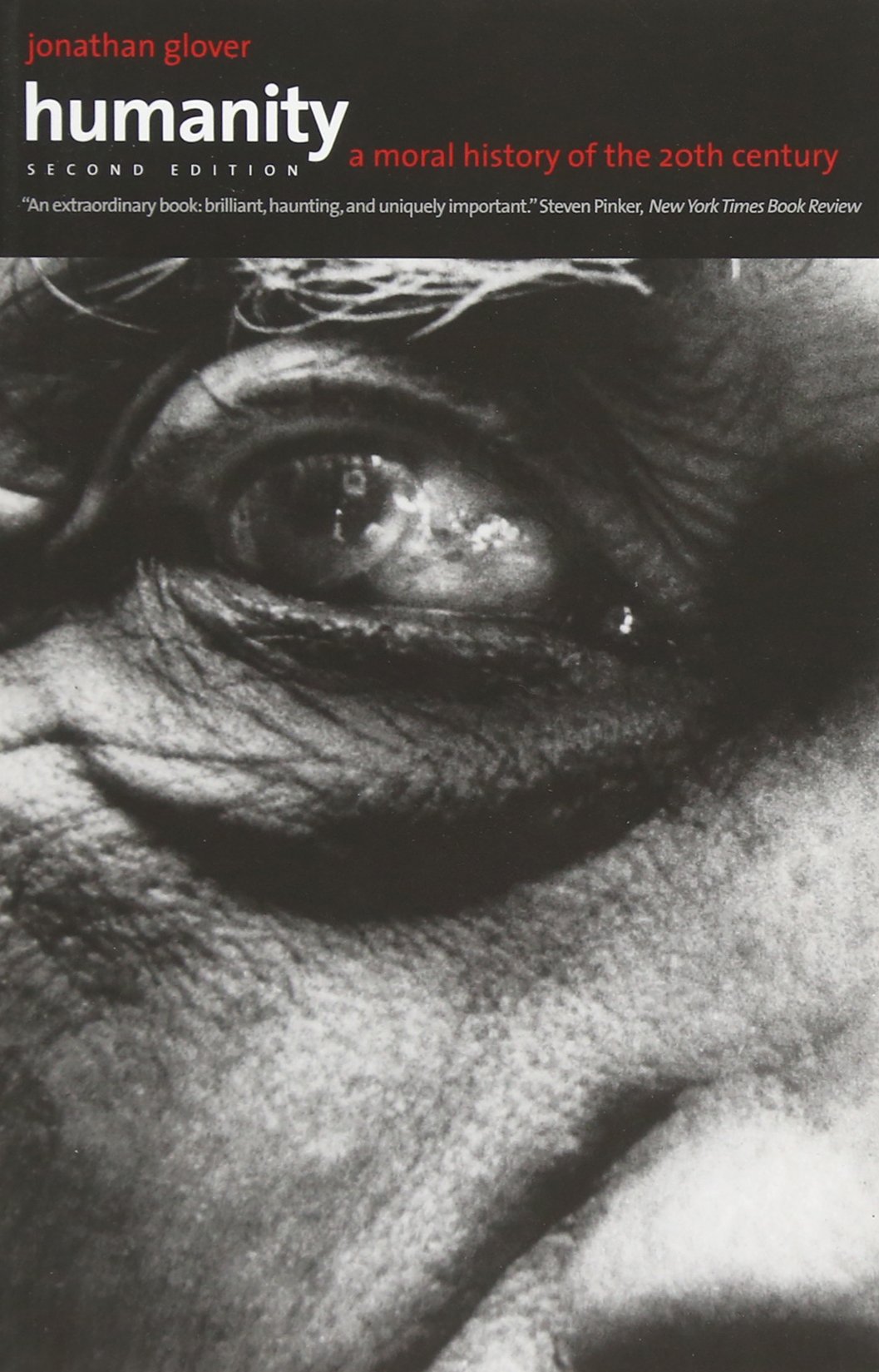Humanity

Whilst working at the University of Queensland, I would wander through the Co-operative bookshop and this book would always call to me. I picked it up a number of times, but always the word "moral" in the subtitle put me off. Anyway finally I did pick it up, and I've now completely changed my view about the use of the word moral. We need to ask more what is moral and to reclaim it from the religious conservatives who have hitherto defined it in our cultural discourse.
The enormity of this book and the relevance of the questions it asks almost makes it a duty as a member of society to read it. It transcends questions about whether it was a good book (which it is), in that it is absolutely necessary.
Perhaps many of us don't like to read about uncomfortable things, and this book is full of them, but sometimes we have to momentarily put aside our immediate desires and play our part as a member of society in the human story.
Looking at some of the great atrocities of the twentieth century, among them, Nazi Germany, Stalin's Russia, Mao's China, Pol Pot's Cambodia/Kampuchea, Rwanda, the Balkans and Hiroshima, the author through excellent historical research asks what was the mindset that allowed them to happen? Not only those committing the atrocities, though they get the primary focus, but also the societies around them which supported it, the belief structures which made people act as they did during terrible crimes against their fellow humans, whether that was to help lead them, join them, passively support them, look away, or resist against them. These questions are some of the most important that confront humanity, and they have continued relevance to our world today.
Ultimately the society we want in the future is difficult to be precise about, but we know in a large part what we don't want, things like torture, cruelty, bullying, inhumanity and racism. This book is a manual of the shape these things have taken in our modern world, and we need to understand them if we ever hope to have a world without them.
Read this book, get your friends to read this book, the more thinking people who read this book, the closer we will be to a better world. Once you have read it, you will understand that it is one of the most important books you will ever have in your hands.
Find this book
Search for a second hand copy of Humanity on World of Books